Time for China, U.S. to build inclusive world order
Updated: 2015-09-06 05:48
By FU YING(CHINA WATCH)
|
||||||||
People often ask what China wants from the world, what it brings to the world, and whether it will challenge the U.S.-dominated world order. For a country that was issuing food coupons as late as 1993, it is too early for such questions.
Chinese people care more about per capita GDP because it directly affects their lives. Yet that doesn’t mean they do not care about the world. Emerging from an unfair world order, which had its origins in colonialism, they naturally favor a world that is inclusive and just. In this respect, the U.S.-dominated world order does face some challenges.
The 2008 global financial crisis exposed the loopholes in global economic governance, the exclusive nature of which has resulted in far more troubles than achievements. Its security canopy is also full of the maladies of group politics. The United States places its security interests, and that of its allies, over those of other countries. It offers few methods to address new challenges, and as such, some nontraditional security threats have come to rule the global agenda.
Former U.S. Secretary of State Henry Kissinger has said that today, he thinks most about how much time and space the U.S. has to maintain the current order and conceive the future order.
The U.S. is worried China will eventually challenge its leadership. China considers such worries a thing of the past century, as the logic of power struggles is not part of its history and tradition. Besides, China has been a firm supporter of the world order based on the principles and conventions of the United Nations.
The second decade of the 17th century saw the beginning of the Thirty Years’ War in Europe. The second decade of the 19th century witnessed the Napoleonic Wars. And the second decade of the 20th century experienced World War I. The question is: Can the world find a peaceful coexistence formula for major powers in the second decade of this century?
The international community needs to think about creating a framework for a more-inclusive global order in which all members have a say.
Chinese President Xi Jinping wants the modern world to be a community of shared interests and destiny. Moreover, China has always emphasized the importance of fairness, justice, openness and equality in the world order, which should be realized through gradual and progressive reform.
Reaching a consensus on building a new world order may be a lengthy process, but people in the 21st century are knowledgeable and aware enough not to fall into the old trap of power struggles.
The new order should safeguard the principles of fairness, equality and justice; address the common problems confronting the world; and meet the new, complicated challenges that have emerged. But it is very important that, as core countries in the reform of the world order, China and the U.S. avoid conflicts in political, security and economic fields by not provoking or unnecessarily criticizing each other. Instead, they should be conscious of the risks, support regional and international organizations such as the U.N. and the Association of Southeast Asian Nations, and expedite the process of reaching a consensus on the new world order to promote peace and development.
The essence of a good world order is people-to-people communication and understanding. So countries should have broader and deeper dialogues. As a large emerging country, China also needs to publicize its policies and strategic purposes timely and clearly to the world to win more understanding and support.
Building a new and better world order should be the common objective of all countries. Only when all countries perform their duties well can the 21st century be a truly peaceful and prosperous century, with people prevented from repeating the mistakes of past centuries.
The author is a member of the Standing Committee of the 12th National People’s Congress of China. This article first appeared in the People’s Daily on Aug. 3.
- Three killed, 8 missing after fishing boat capsizing in S.Korea
- Migration crisis tears at EU's cohesion and tarnishes its image
- Britain signals move towards air strikes in Syria
- Snowden accepts Norwegian prize via video link
- Tokyo ditches Olympic logo amid new plagiarism allegation
- Japan criticized for protest over UN chief's visit to Beijing
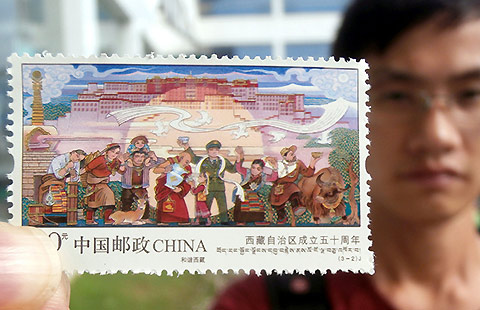
 50th anniversary of Tibet autonomous region
50th anniversary of Tibet autonomous region
 Red carpet looks at the 72nd Venice Film Festival
Red carpet looks at the 72nd Venice Film Festival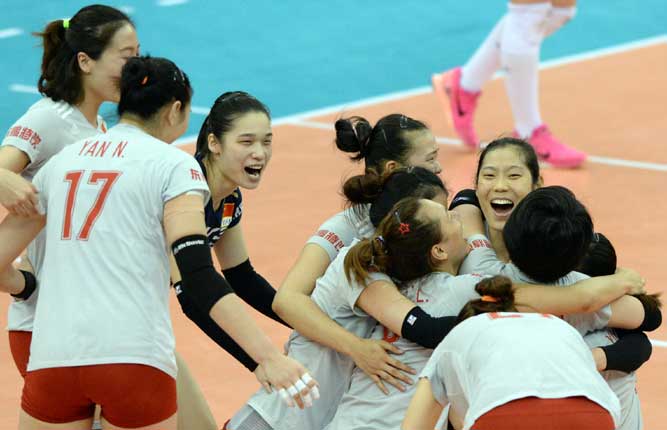
 China beats Russia in 4 sets at volleyball World Cup
China beats Russia in 4 sets at volleyball World Cup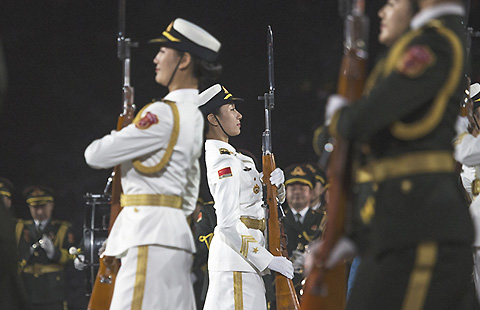
 8th Int'l Military Music Festival 'Spasskaya Tower' begins
8th Int'l Military Music Festival 'Spasskaya Tower' begins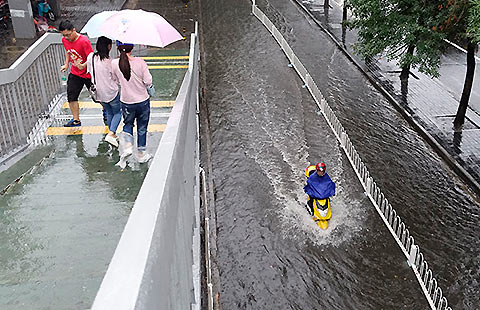
 Downpour floods streets in Beijing
Downpour floods streets in Beijing
 Veterans attend V-Day anniversary gala show
Veterans attend V-Day anniversary gala show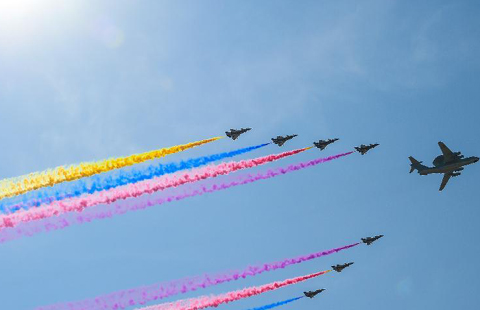
 Military helicopters write number 70 high in the sky
Military helicopters write number 70 high in the sky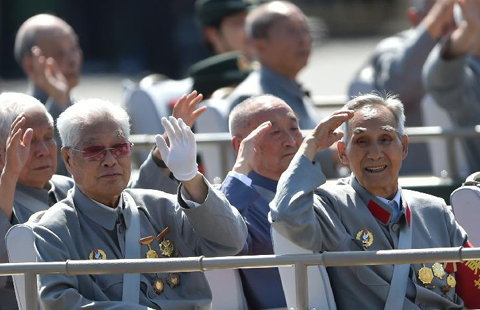
 Salute to veterans
Salute to veterans
Most Viewed
Editor's Picks

|

|

|

|

|

|
Today's Top News
Austria, Germany open borders to migrants
Central government steps up economic support for Tibet
China economy enters 'new normal' eyeing 7% growth rate: G20
Troop cuts signal path of peaceful development
Sino-Russian investment fund eyes more deals
Predicting Internet's future without a crystal ball
Silk Road Fund to expand ties with lenders
Intl community echoes Xi's speech at V-Day commemoration
US Weekly

|

|








